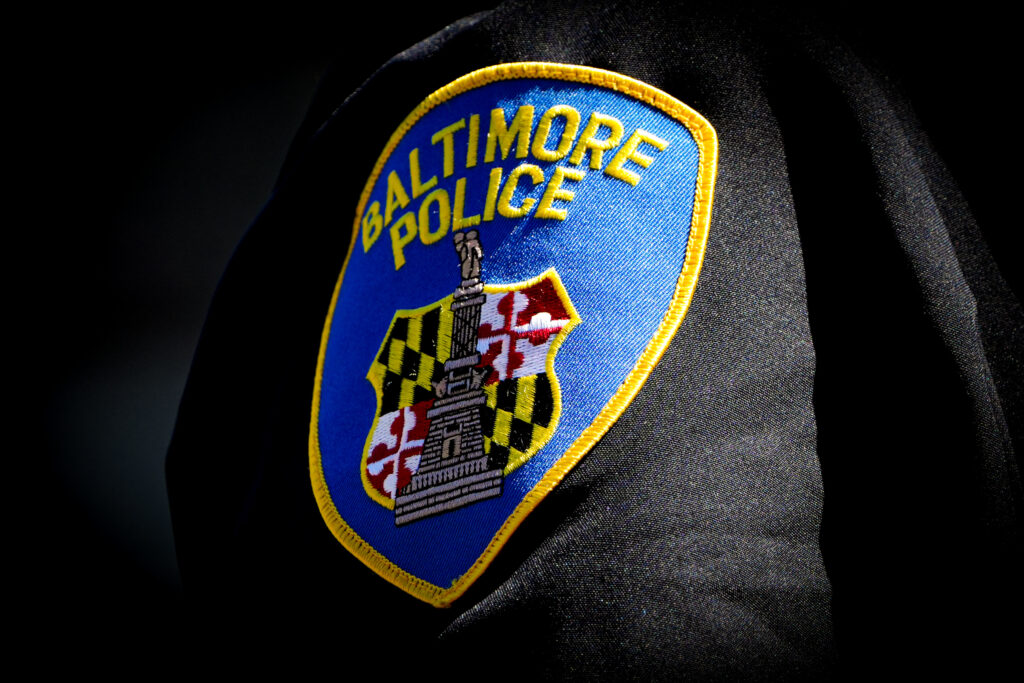



Baltimore has a history of troubled relations between the Police Department (BPD) and its Black citizens. The 2015 death of Freddie Gray in police custody ignited national outcry and widespread protests, especially in major cities. The Gun Trace Task Force indictments and convictions in 2017 revealed systemic corruption and management issues in the BPD. In response to these problems, a federal consent decree was imposed in 2017, requiring the BPD to meet certain standards and to focus its efforts on initiatives such as more community-oriented policing. The consent decree also required research efforts to monitor progress.
Since 2017, research conducted by the monitoring team has consistently shown a strained relationship between the police and the community. Building on this work, researchers from the University of Maryland produced a pair of companion reports examining the current state of community-police relations and the possibility of expanding a city program to divert certain 911 calls to civilian responders, with the goal of helping BPD better understand what it can do to increase trust among Black residents.
In Part 1: What Can Be Done To Improve Police-Community Relations In Baltimore?, Professors Brooklynn Hitchens and Lauren C. Porter conducted interviews and focus groups with Black residents in Baltimore City to better understand experiences, attitudes, and perceptions with respect to BPD. The study deepened the findings of previous research showing that the department’s current reform efforts have not altered perceptions among Black Baltimoreans and offers tangible recommendations from participants about how the BPD could improve its relationship with city residents and how funds should be invested to improve public safety and wellbeing.
As part of the 2017 Consent Decree, behavioral health calls to 911 that do not necessitate a police response are to be diverted from BPD to a community behavioral health or crisis response service provider. In Part 2: Improving Baltimore Police Relations With the City’s Black Community, Professors Greg Midgette, Thomas Luke Spreen, and Peter Reuter examine the possibility and potential benefits of extending that approach to other non-criminal emergency calls. The report examines successful reforms in Albuquerque, Atlanta, and Houston that divert some categories of 911 calls to civilian agencies rather than the police with the goal of reducing the role of police in everyday life. The researchers analyze Baltimore 911 data to model scenarios for diverting additional calls in terms of reduced police contact and easing BPD’s staffing shortage. Given the existing mistrust described in Part 1, reducing police involvement in non-criminal incidents should remain an important goal for Baltimore City.